Inside USA: A walk on the wild side
OPINION: Why people in the world’s most powerful country are angry about everything.
OPINION: Why people in the world’s most powerful country are angry about everything.
A common feature of the near universal rejection in this country of AUKUS, the new security pact involving Australia, UK and US, was that it reflected America’s decline as a world power.
Only one academic dared to dissent, pointing out the tripartite agreement was ultimately aimed at resisting Chinese expansionism in the Indo-Pacific region.
Although focused on making Australia one of a handful of countries with nuclear-powered submarines, this won’t occur for some 20 years. Supporters of Australia’s defence stance, who are as numerous there as they are absent on this side of the Tasman, say the proposed purchase of French diesel-powered subs was flawed. Nuclear submarines require no refuelling, generate their own water and oxygen, and can operate secretly at sea for months on end.
They are the perfect deterrent if positioned in Asian waters, a task unsuited to conventional subs. In addition, Chinese expertise in this area is well behind that of the west, though no doubt this gap will narrow in time.
Of course, there is no guarantee Australia – or New Zealand for that matter – will improve on previous costly mistakes in its military procurements. AUKUS must also be viewed in the context of other moves to contain China. The most obvious is Quad – which includes India and Japan along with Australia and the US – and the likelihood they could be joined by South Korea and other Asian nations worried by China’s military assertiveness.
China is undoubtedly taking advantage of perceived US weakness, its unreliability as an ally against Chinese economic power, and its domestic political dysfunction.
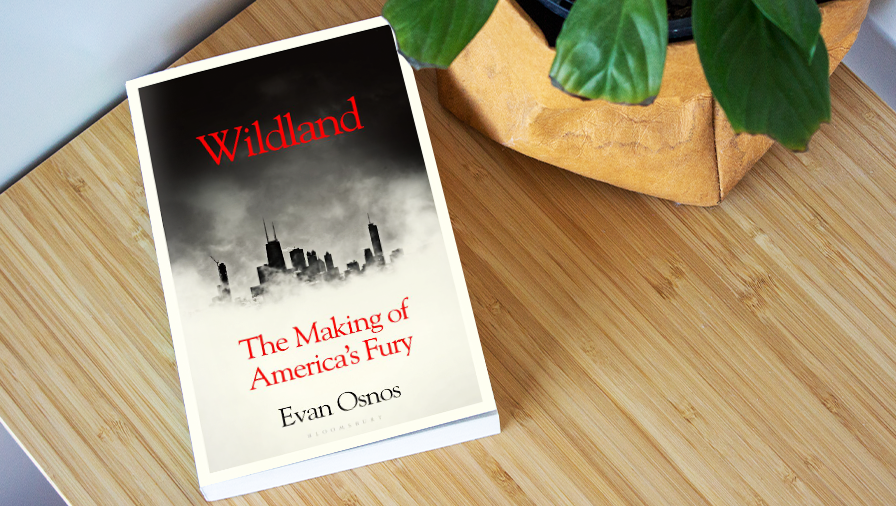
America’s decline
American decline has plenty of evidence to support it; the ignominious withdrawal from Afghanistan is just the most recent example. It has put pressure on India and Japan to ensure the pullout is not followed by similar moves that will further encourage China.
A strong point of American democracy is the capability for self-analysis. The latest contribution, timed to coincide with the 20th anniversary of 9/11, is Evan Osnos’s Wildland: The Making of America’s Fury. Osnos is a staff writer for the New Yorker and earlier this year published a short biography of Joe Biden. Osnos visited New Zealand a few years back to investigate the alleged 'bunker' hideaways for Silicon Valley billionaires.
The book is modelled on John Gunther’s post-World War II classic Inside USA, which describes the author’s journey throughout his homeland after returning from war service. Osnos’s own background – his parents are a Jew born in India and a WASP born in Morocco – is typical of American eclecticism. A year after 9/11 he went overseas as a foreign correspondent in the Middle East and China, returning in 2013 with his wife Sarabeth Berman – whom he met in Beijing – to settle in Washington DC.
Wildland is drawn from research, interviews and travels back to places where he lived before going abroad. It covers the period leading up to the 2016 presidential election and ends with the storming of the Capitol Building on January 6, 2021.
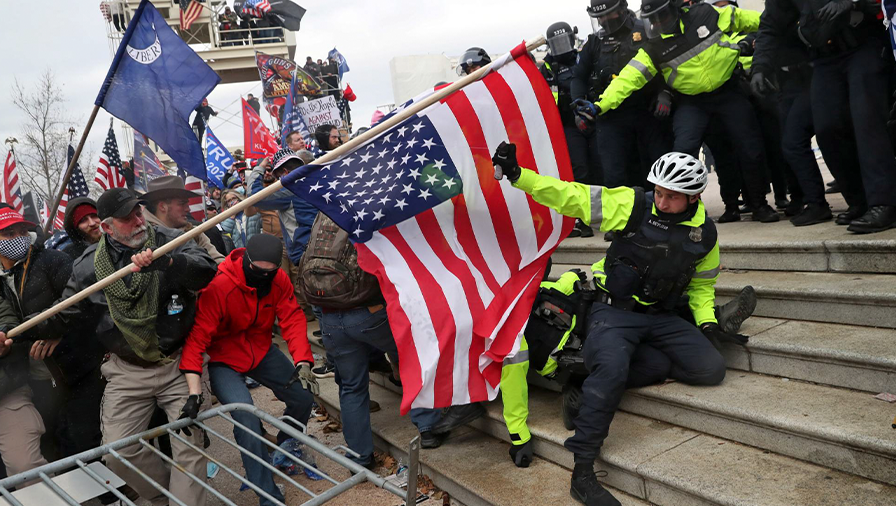
Like all New Yorker journalism, the writing leaves nothing out and is not attuned to readers used to more digestible amounts. The 21 chapters run to 415 pages, plus another 60 on acknowledgements, sources and index.
Radical change
Like Gunther, Osnos found a radically changed country. For a generation up to 9/11, Americans had been told by their leaders to put their faith in technology, globalisation and market liberalisation, even as inequality grew, wages stagnated, and life expectancy declined.
He notices that contempt for elites increased in the final years of the Obama administration, which was supposed to be the high point of a progressive America. The content has three geographic sources: his upbringing in the wealthiest corner of America, the financial centre of Greenwich, Connecticut; his first job on a newspaper in Clarksburg, West Virginia, the heart of coal country; and his period of big-city journalism in Chicago.
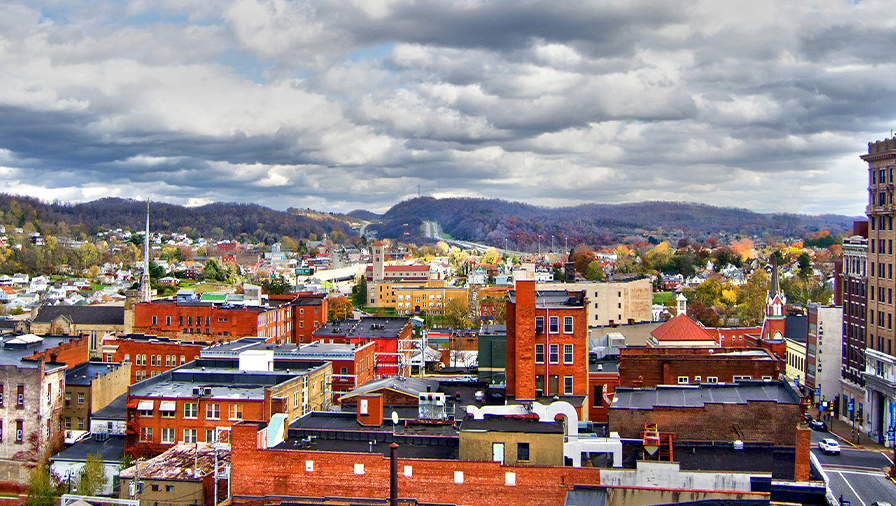
The focus is on 19 interviewees, who tell their stories in three locational threads that make up a complex narrative packed with facts, figures and fantasies, the latter being an important feature in the loss of traditional American values.
For example, in Clarksburg, he notes the demise of local newspapers and their replacement by talkback radio that relies on “overgeneralisation, sensationalism, misleading or patently inaccurate information, ad hominem attacks, and belittling ridicule of opponents” because it pays off in “emotional responses (anger, fear, moral indignation) from the audience,” to quote The Outrage Industry, by Jeffrey Berry and Sarah Sobieraj.
Coming back in 2013 to Chicago, where Osnos knew Barack Obama before he was a US Senator, the author is struck by, “the dwindling of mobility and opportunity, the growth of violence and incarceration, which blotted out the sun in some lives and was utterly absent in others. For all of the city’s purported faith in transformation and renewal, it had slipped into a political and economic torpor that left people stuck in place.”
Insider trading
Meanwhile, in Greenwich, home to hedge fund wheeler-dealers and upper-crust liberal Republicans, Osnos reports that in four years there were 75 prosecutions for insider trading and other violations, as well as the collapse of four major funds. The 'Eisenhower' moderate Republicans had been replaced by radical adherents of the Tea Party.
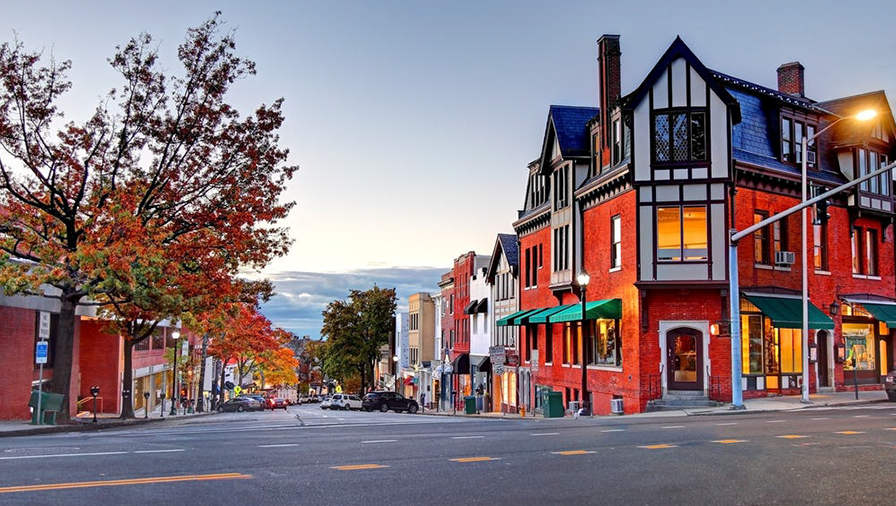
By 2014, the Republican Party was warming to the themes that launched the political career of Donald Trump: “xenophobia, conspiracy, racism, anti-government fervour, and religious fundamentalism”. These appealed to the “missing white voters” who were not turned on by establishment Republicans such as Matt Romney and the descendants of Prescott Bush, the epitome of the East Coast political elite.
While Democratic candidate Hillary Clinton easily won a majority in Connecticut in the 2016 presidential election, Trump won the two wealthiest counties. By contrast, West Virginia, the country’s most welfare-dependent state, switched off Clinton and voted for Trump.
It was an indication, Osnos observes, that West Virginians, who prided themselves on self-reliance, were no longer the laggards of history but its leaders. “Appalachia was not different from the rest of America; it was in fact a mirror of what the nation was becoming,” historian John Alexander Williams told Osnos.

‘Body of fact’
This was accompanied by what Osnos calls the undermining of the “body of fact” – or the “reality-based community” – not just by ‘fake news’ but also what people heard at Trump rallies.
“In a moment that could pass as mock-Orwell, [Trump] told a crowd, ‘Just remember: what you’re seeing and what you’re reading is not what’s happening.’” This was “rejecting the very notion of an empirical commons – the idea that anything could be free of the abuses and cynicism of politics.”
This continued during Trump’s term in power: “He stoked racial hostility, white identity politics, and fantastical fears of marauding immigrants.” Osnos laments the loss of political cohesion, a measure of public trust and level of discontent. The mainstream ethos had mutated into a survivalist mentality derived from a sense of zero-sum contests, he figures.
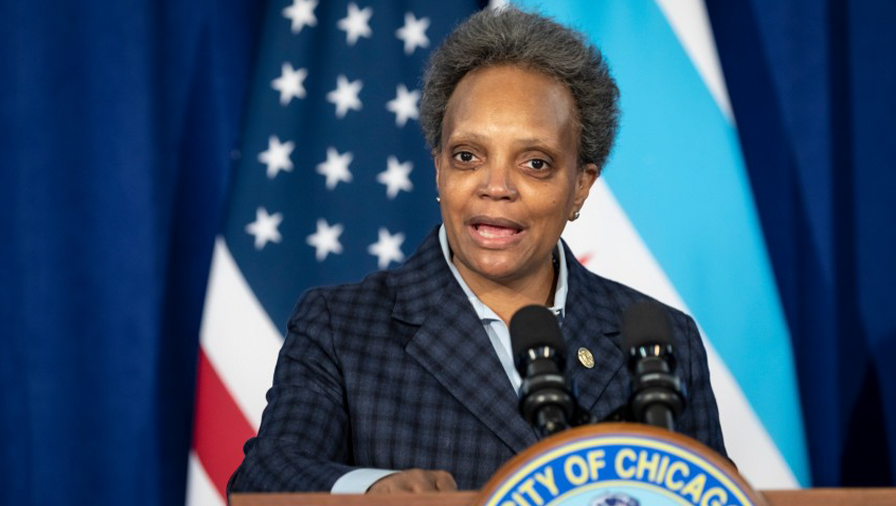
Inevitably, having worked himself up to this point in the final year of the Trump era, Osnos looks for “antibodies” that could restore health to the body politic. One is Lori Lightfoot, a gay, black woman with no political experience, who is elected mayor of Chicago, taking all 50 wards with her. But her hold on power is immediately challenged by a teachers’ strike.
Another is Biden, who pledges to restore sanity and much else. He, too, is starting to lose the confidence of public opinion, notably with the debacle of the retreat from Kabul.
Osnos goes back to his 19 on-the-record interviewees, finding they remain mostly pessimistic, while on the sidelines, Trump is again rallying his troops for another onslaught.
Wildland: The Making of America’s Fury, by Evan Osnos (Bloomsbury)
Nevil Gibson is a former editor at large for NBR. He has contributed film and book reviews to various publications.
This is supplied content and not paid for by NBR.
Sign up to get the latest stories and insights delivered to your inbox – free, every day.